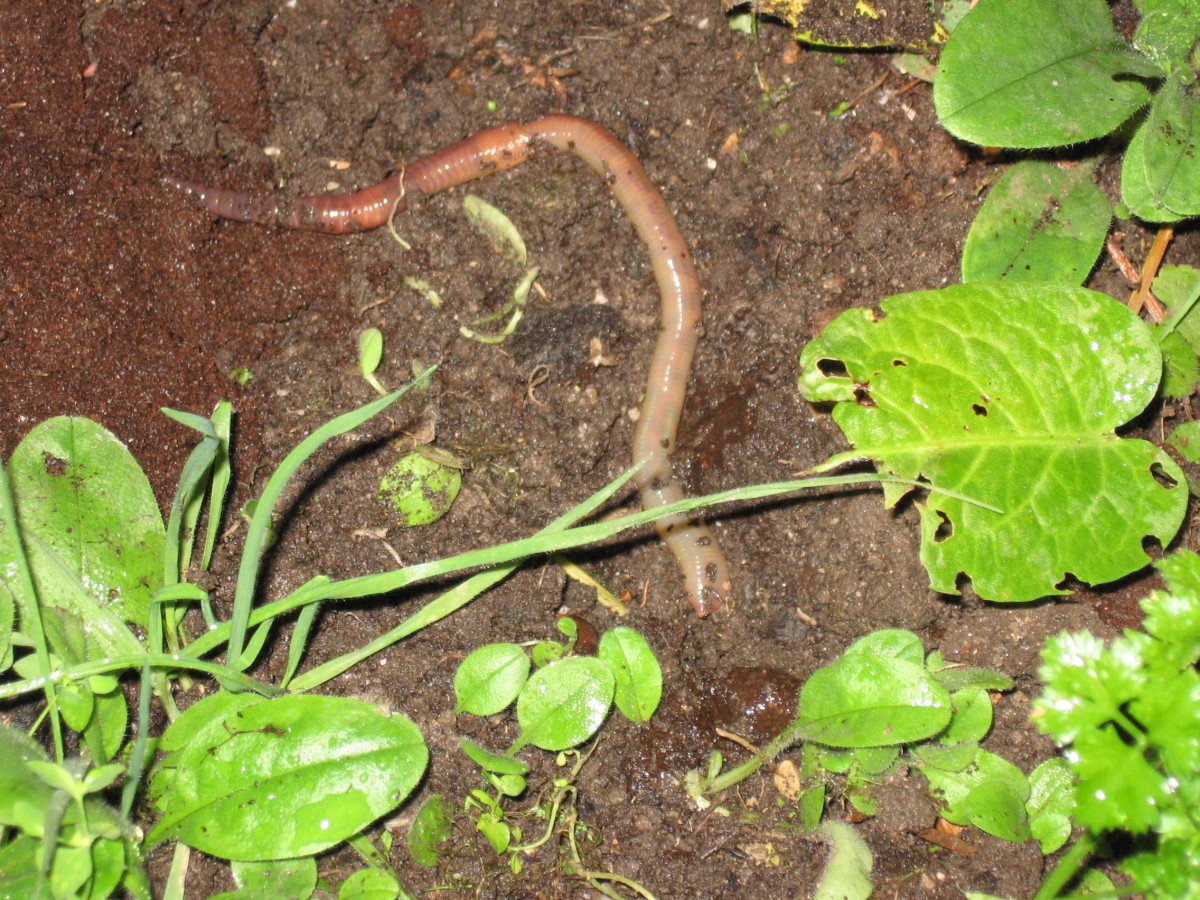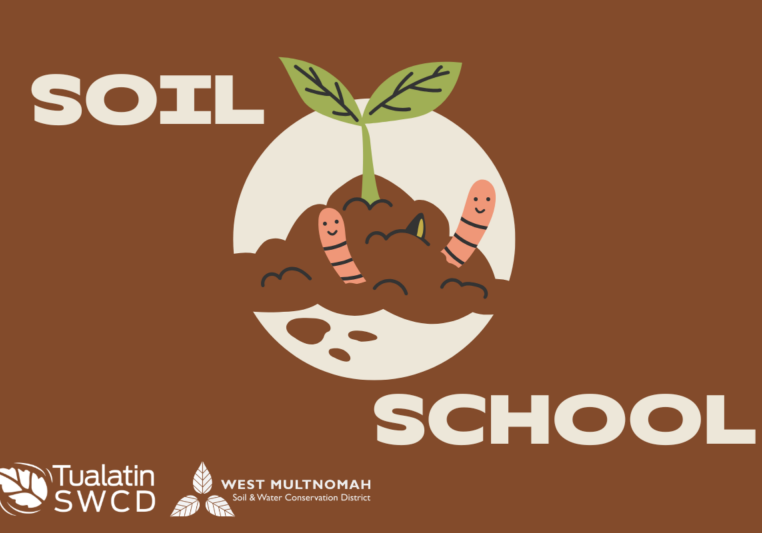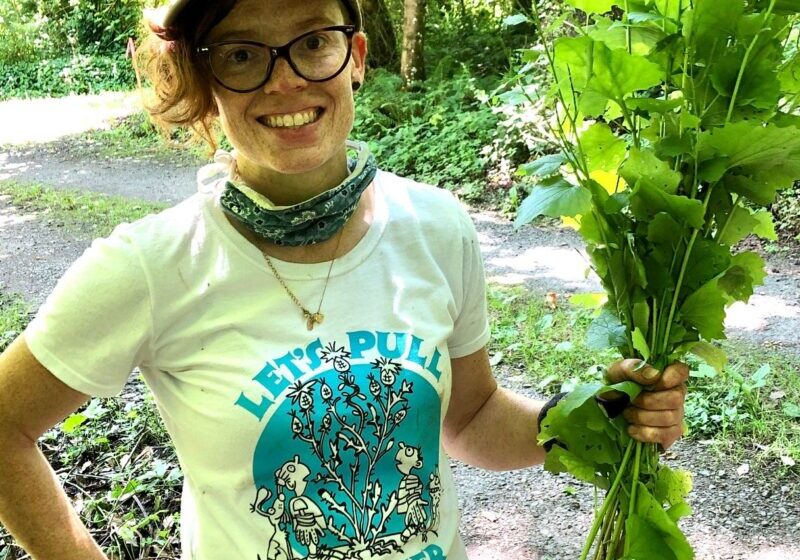Over one billion living organisms live a teaspoon of soil! Most of us think of soil as a chemical sponge – nothing but a temporary holding tank for nitrogen, phosphorus and potassium. But soil is a living thing. As you stand in your garden, you are literally standing on trillions of living creatures. Entire ecosystems can exist between two gains of sand or in the tiniest root.
Biodiversity vs. MonocultureMonoculture A single type of plant growing in an area.
Just like a normal ecosystem, soil ecosystems consist of producers, grazers and predators. As the plants and animals above the ground live in a delicate balance, so do the organisms in soil. Remove a predatory species and the grazers flourish but the producers (the plants) may vanish too.
For every ecosystem, diversity equals stability. If an ecosystem is based on a signal plant, organism or input, then outside factors like disease, changes in climate or disturbances can throw the entire system out of whack.
In soil monocultures, regular tillage and the loss of organic matter can reduce soil biodiversity and increase the risks of disease, pests and lowered fertility. When the above ground system is diverse, so is the system below ground. Cover crops, crop rotation, additions of organic matter, reduced tillage, and reduction in chemical inputs can increase or preserve soil biodiversity. A diverse soil ecosystem means that there will be antibodies for disease. Diverse soils have a symbiosis with plant roots that increase their use of nutrients and water. Diverse soils can even reduce weed infestation by providing organisms that eat seeds or weaken the plant.
Soil is a living thing. The more you feed and nurture that living thing, the more it will give back and the more forgiving it will be when we make the occasional mistake.
You can find out more about the incredible world of soil at our Annual Soil School, held in the spring in the greater Portland area, sponsored by the West Multnomah Soil & Water Conservation District, Natural Resources Conservation Service and other partners. Visit our website for event information (www.wmswcd.org) or call our “Soil Guy,” Rural Conservationist Scott Gall, 503.238.4775, ext. 105; scott@wmswcd.org.
For more resources:
- Click here for information on Soil Testing
- Click here for tips on Building Soil Health



